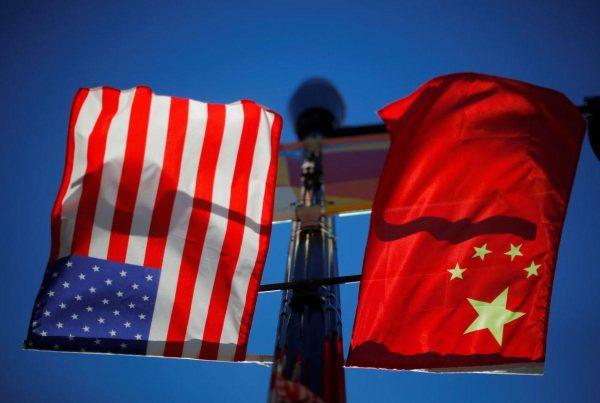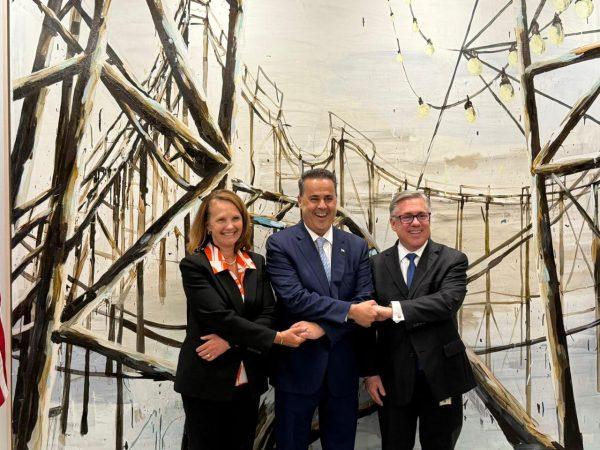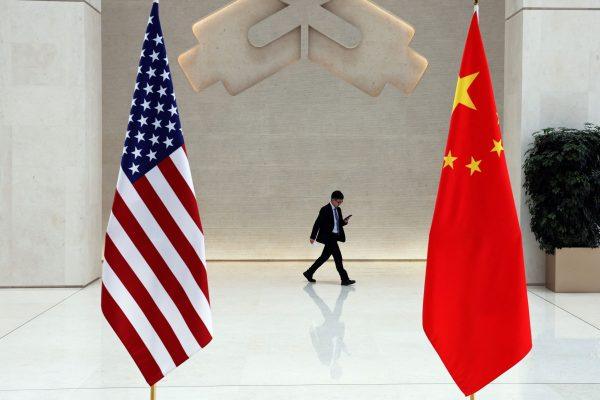The trips of the prime minister and the foreign minister to countries in Europe, the US, and Middle East, as well as the pro-Greece and pro-Cyprus positions of the EU and individual states such as France and Italy show that we are not alone in dealing with Turkish aggressiveness.
In fact, since the Battle of Navarino in 1827 (photo) Greece has never been alone. Most recently during the 1996 Imia crisis the US intervention to defuse the situation was definitive.
We often have the tendency to underestimate foreign assistance or to skew its significance.
In the first decades after the restoration of democracy in 1974, we cultivated a culture of a weak and slighted country which was accompanied by introversion, xenophobia, and conspiracy theories.
Since then the country has become stabilised, has bolstered its alliances, and has become established in the European family.
Turkey, on the contrary, has become isolated.
As a two-page spread in today’s Ta Nea shows, the concept of national isolation is a big myth.
Trump’s America is of course polarised and the occupant of the White House is unpredictable.
Europe is also fraught with iinconsistency and timidity.
Greece is confronted by serious challenges. It must adjust its tools, exploit the possibilities offered by new means of communication, and display realism.
It must also take initiatives in line with international law because the just have no one and anything to fear.
































